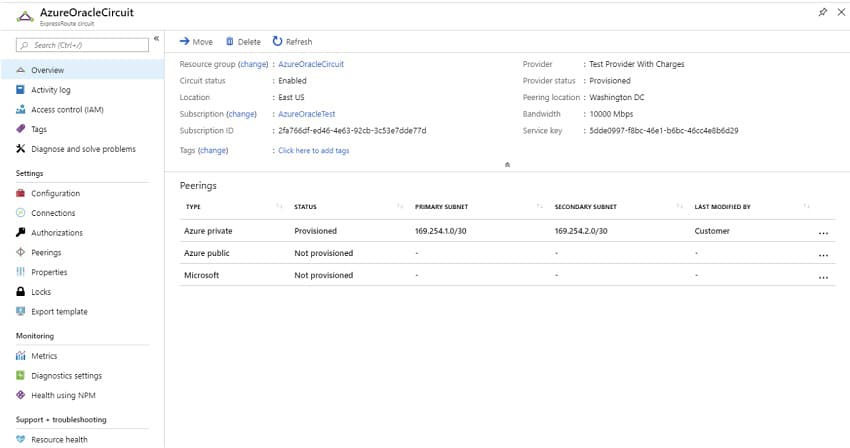Microsoft and Oracle announced a cloud interoperability partnership enabling customers to migrate and run mission-critical enterprise workloads across Microsoft Azure and Oracle Cloud. This gives users the ability to combine the technology of both services for instance Azure services, like Analytics and AI, can seamlessly connect to Oracle Cloud services, like Autonomous Database.
Microsoft and Oracle announced a cloud interoperability partnership enabling customers to migrate and run mission-critical enterprise workloads across Microsoft Azure and Oracle Cloud. This gives users the ability to combine the technology of both services for instance Azure services, like Analytics and AI, can seamlessly connect to Oracle Cloud services, like Autonomous Database.
Microsoft and Oracle hope that by allowing customers to run one part of a workload within Azure and another part of the same workload within the Oracle Cloud, their partnership will deliver a best-of-both-clouds experience. The partnership aims to provide direct network connectivity between two clouds while continuing to provide the customer service and support that enterprises have come to expect from the two companies. One example of how this might work is that customers can now connect Azure services, like Analytics and AI, to Oracle Cloud services, like Autonomous Database. Another example is running Oracle E-Business Suite or Oracle JD Edwards on Azure against an Oracle Autonomous Database running on Exadata infrastructure in the Oracle Cloud.
This partnership opens up some exciting new possibilities. Because Azure and Oracle Cloud are directly connected, customers can now extend their on-premises datacenters to both clouds. The partnership also means that there now is a unified single sign-on experience and automated user provisioning to manage resources across Azure and Oracle Cloud. Also available in early preview today, Oracle applications can use Azure Active Directory as the identity provider and for conditional access. The companies are also saying they will support the deployment of custom applications and packaged Oracle applications (JD Edwards EnterpriseOne, E-Business Suite, PeopleSoft, Oracle Retail, Hyperion) on Azure with Oracle databases (RAC, Exadata, Autonomous Database) deployed in Oracle Cloud. The same Oracle applications will also be certified to run on Azure with Oracle databases in Oracle Cloud.
If you were already running an Oracle Databaseon Azure, your existing architecture should remain stable as Oracle Database will continue to be certified to run in Azure on various operating systems, including Windows Server and Oracle Linux.
Availability
Immediately in Azure US East and possibly other regions in the future
Sign up for the StorageReview newsletter

